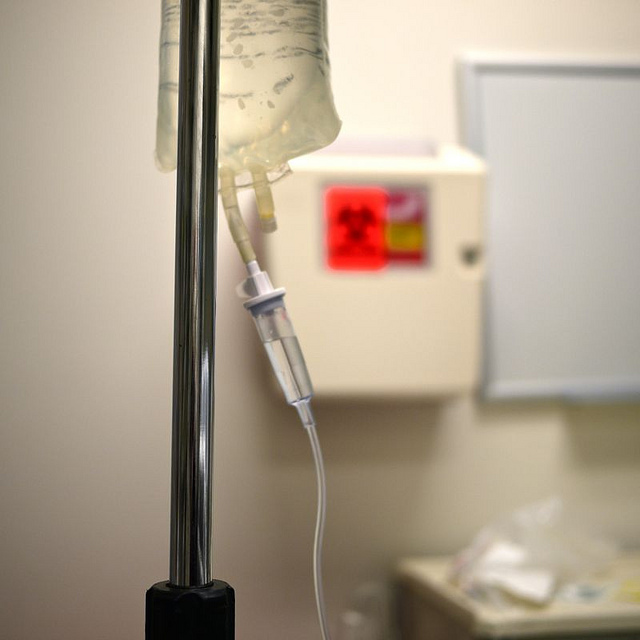With CRISPR gene editing, unique treatments begin to take off for rare diseases
By Meeri Kim,
The Washington Post
| 02. 05. 2022
Paddy Doherty remembers his father as a proud, hard-working family man who stayed physically fit for most of his life. A career in construction and various home improvement projects kept him active until his 60s, when Doherty first caught glimpses of a worrying decline in his dad’s health.
“I noticed him getting breathless on walks. He’d stop for a while and maybe make an excuse for stopping, saying, ‘Oh, isn’t that a lovely tree’ or whatever,” said Doherty, who lives in Ireland. Doctors chalked it up to angina, or chest pain caused by reduced blood flow to the heart, symptomatic of an underlying heart problem.
But two years later, when Doherty’s father died of a sudden heart attack, the true cause was discovered: a rare disease called transthyretin (ATTR) amyloidosis, characterized by a misfolded protein that builds up in the heart and interferes with normal function.
“Patients left untreated with this type of amyloidosis develop heart failure, low blood pressure, horrible bowel disturbance, and eventually become incontinent of urine and feces,” said Julian Gillmore, nephrologist and head of the...
Related Articles
By Scott Solomon, The MIT Press Reader | 02.12.2026
Chris Mason is a man in a hurry.
“Sometimes walking from the subway to the lab takes too long, so I’ll start running,” he told me over breakfast at a bistro near his home in Brooklyn on a crisp...
By Diaa Hadid and Shweta Desai, NPR | 01.29.2026
MUMBRA, India — The afternoon sun shines on the woman in a commuter-town café, highlighting her almond-shaped eyes and pale skin, a look often sought after by couples who need an egg to have a baby.
"I have good eggs,"...
By George Janes, BioNews | 01.12.2026
A heart attack patient has become the first person to be treated in a clinical trial of an experimental gene therapy, which aims to strengthen blood vessels after coronary bypass surgery.
Coronary artery bypass surgery is performed to treat...
By Staff, ScienceDaily | 01.05.2026
Scientists at UNSW Sydney have developed a new form of CRISPR technology that could make gene therapy safer while also resolving a decades-long debate about how genes are switched off. The research shows that small chemical markers attached to DNA
...




